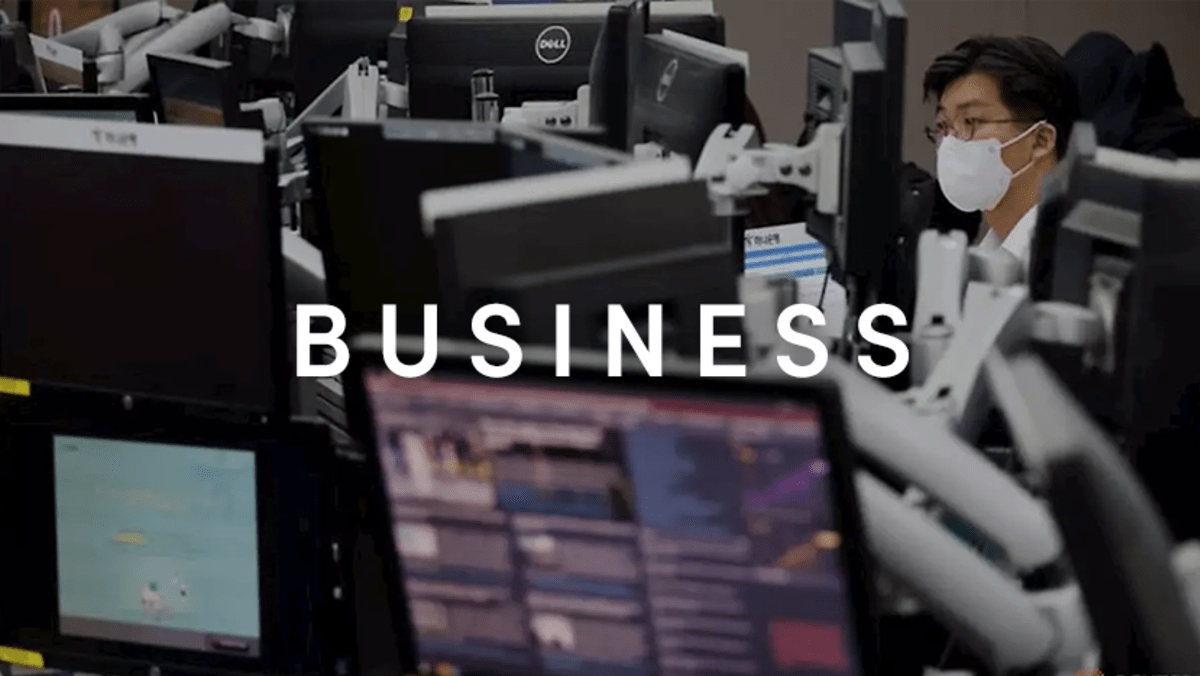OTTAWA : The Canadian province of Ontario on Monday announced it was cancelling a C$100 million ($68.12 million) contract with Elon Musk’s Starlink, the latest retaliatory move against tariffs announced by U.S. President Donald Trump.
Ontario, the most populous of the 10 provinces and Canada’s industrial heartland, also said it was banning U.S. companies from provincial contracts.
“There’s no sugar-coating it – the coming days and weeks will be incredibly difficult. Trump’s tariffs are going to devastate our economy,” said Ontario premier Doug Ford, saying Canada had to hit back hard.
Starting on Tuesday, Trump says he will impose a 25 per cent tariff on virtually all Canadian imports except for oil, which faces a 10 per cent surcharge. If prolonged, the measures would send the Canadian economy into a recession.
The move generated widespread shock across Canada, which has traditionally prided itself on being a close U.S. ally and trading partner.
Ford, one of the more hard-line premiers on the question of retaliation, said U.S.-based businesses would lose out on tens of billions of dollars in new revenues and only had Trump to blame.
“We’ll be ripping up the province’s contract with Starlink. Ontario won’t do business with people hell-bent on destroying our economy,” he told a news conference.
Under the terms of the deal, which Ontario signed last November, Starlink was to provide high-speed internet access to 15,000 eligible homes and businesses in more remote communities. Musk, a close Trump ally, is heading the U.S. President’s drive to shrink the federal government.
Starlink was not immediately available for comment.
Ford has called a snap election for Feb. 27, which polls suggest his Progressive Conservatives will win easily.
Ford has already ordered the province’s liquor board – which sells more than C$1 billion of U.S. alcohol a year – to remove all American products from its shelves starting on Tuesday.
Prime Minister Justin Trudeau on Saturday announced Canada would impose 25 per cent tariffs on C$155 billion of U.S. goods in response to the U.S. measures.
Trump says the tariffs – which he also imposed on Mexico – will stay in place until Canada does more to fight illegal migrants and fentanyl smuggling.
Trump said on Monday he had struck a deal with Mexico whereby the tariffs would be suspended for a month in return for more action on the border.
Canada is not optimistic it can get the same kind of one-month reprieve from U.S. tariffs that was granted to Mexico, the New York Times cited a senior government official as saying.
Trump said he had spoken to Trudeau on Monday and would be speaking to him again at 3 pm Eastern Time (2000 GMT).
Trudeau is due to speak to a special advisory council on U.S.-Canada relations later on Monday.
The tariffs are unprecedented, especially since the United States, Canada and Mexico are part of a continental free trade pact. In protest, Canadians canceled trips south of the border, boycotted U.S. alcohol and other products and even booed at sporting events.
Kevin Hassett, the director of the White House’s National Economic Council, told CNBC that Canada had “misunderstood” the tariffs and were interpreting them as a trade war.
($1 = 1.4680 Canadian dollars)
(Additional reporting by Angela Christy in Bengaluru, Editing by Franklin Paul and Nia Williams)













